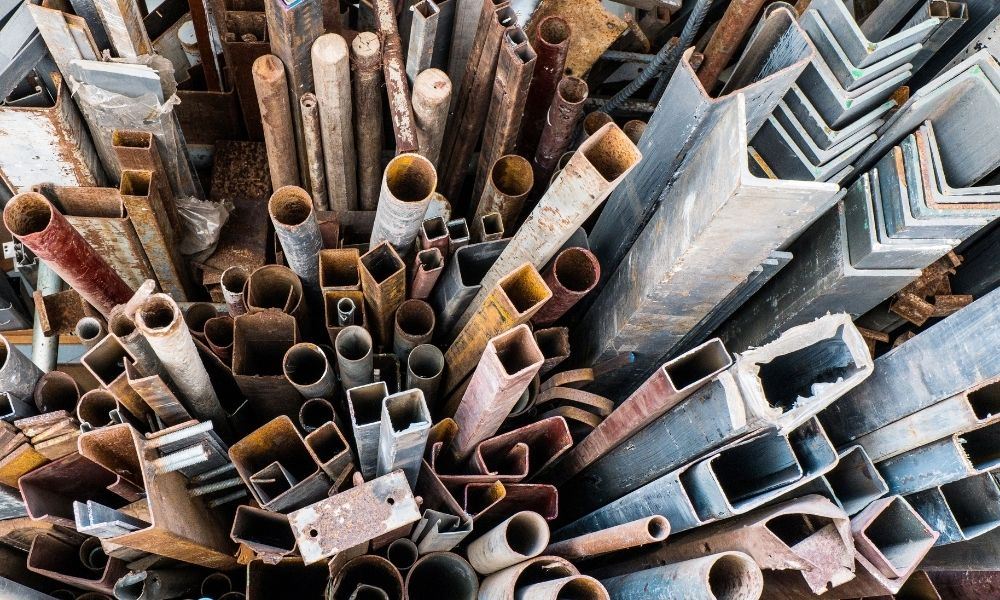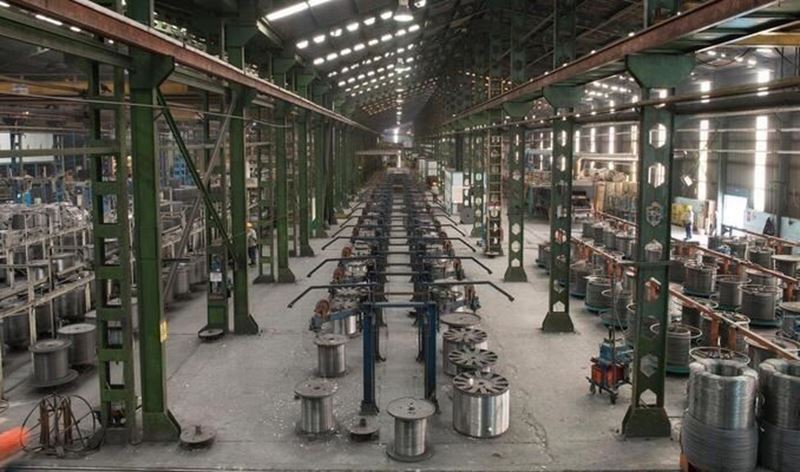Customs data revealed that ferrous scrap imports totaled 218,887 metric tons, marking a decrease of 21.3% from the previous month and 13.2% from the same period last year.
Trade sources pointed to rising seaborne scrap prices in November and December as the primary reason for the decline. Additionally, lower bookings were anticipated due to the Lunar New Year holiday in Taiwan from February 8th to 14th, with mills exercising caution in procurement since November, considering the typical 8-10 week delivery timeline for containerized scrap agreements.
Despite remaining the top ferrous scrap supplier to Taiwan in February with 81,249 metric tons, the US saw a decline of 32.6% compared to January and 25.1% year-on-year.
Imports from Japan decreased by 10.3% month-on-month and 15% year-on-year, totaling 55,510 metric tons in February.
Conversely, imports from the Dominican Republic rose by 7.1% month-on-month and 16.9% year-on-year, reaching 17,563 metric tons.
However, scrap supply from Australia experienced a significant drop of 47.8% year-on-year to 9,921 metric tons. Trade sources indicated that Australian sellers focused on south Asia due to more favorable margins, given the lackluster fundamentals in the Asian market.
Looking forward, a slowdown in the construction sector could further impact scrap imports, with the Taiwan Institute of Economic Research noting on March 25th that manpower shortages and rising building material costs have affected the initiation pace of new construction projects.











Comments
No comment yet.